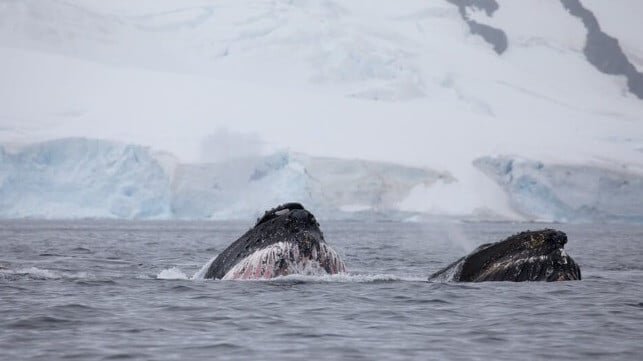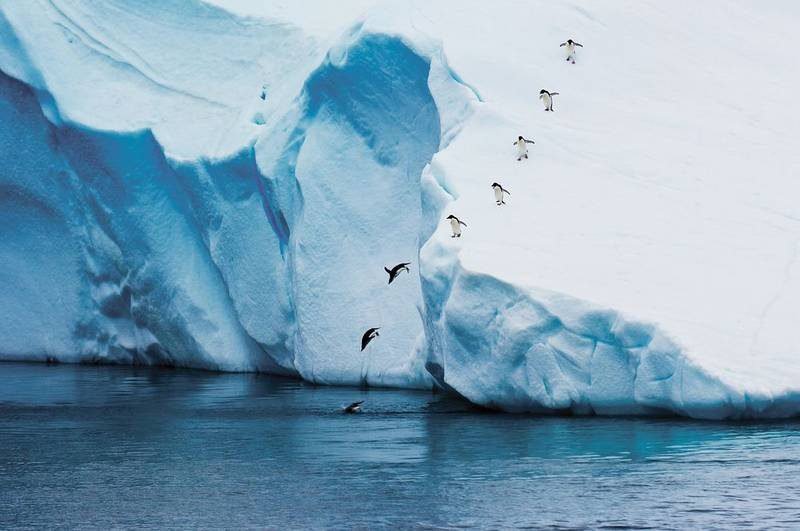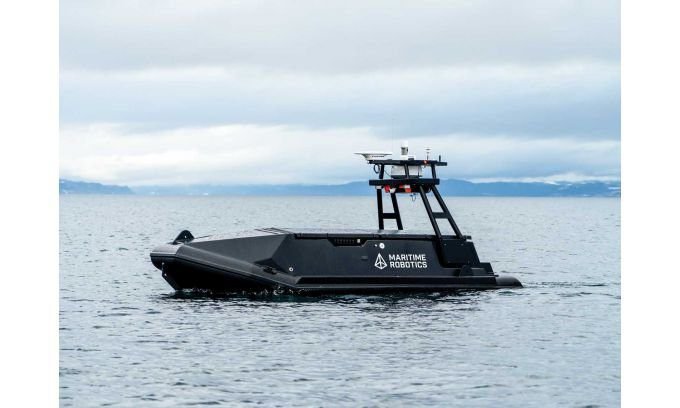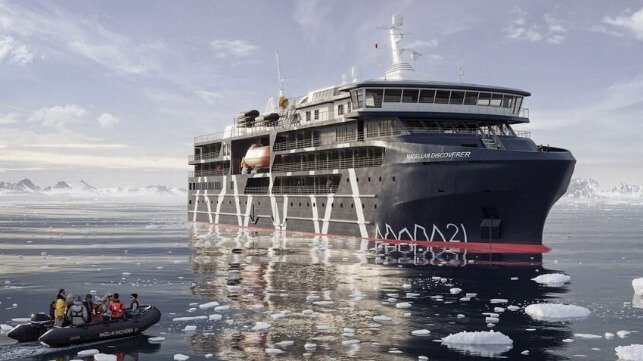New research from British and American scientists indicates that tidal action at the base of Antarctica’s Thwaites Glacier will hasten its melting throughout the century, potentially destabilizing the entire West Antarctic Ice Sheet The massive glacier, comparable in size to Florida, is rapidly changing and could have substantial implications for rising sea levels. Referred to as “Doomsday,” Thwaites acts as a crucial anchor holding back the West Antarctic Ice Sheet. If it were to collapse, sea levels could rise by 65 centimeters, and if the entire ice sheet were lost, sea levels might increase by 3.3 meters.
Despite some models suggesting that reducing greenhouse gas emissions could limit glacier loss, a report from the International Thwaites Glacier Collaboration indicates a grim outlook. The glacier has been retreating for over 80 years, with an accelerated pace in recent decades. Further research reveals dynamics not accounted for in current models that could expedite its deterioration, including the impact of tidal action pumping warmer seawater underneath the ice.
Scientists using torpedo-shaped robots found a thin layer of cold water insulating the underside of Thwaites. However, where parts of the glacier lift off the seafloor and begin to float, tidal action brings warmer seawater under high pressure up to 10 kilometers beneath the ice, disrupting the insulating layer and likely accelerating the glacier’s retreat. The group warns of a worst-case scenario involving the formation of ice cliffs leading to uncontrolled glacier retreat and a significant rise in sea levels this century. The irreversible loss of the Thwaites Glacier remains an unanswered question, dependent in part on global efforts to combat climate change.

















